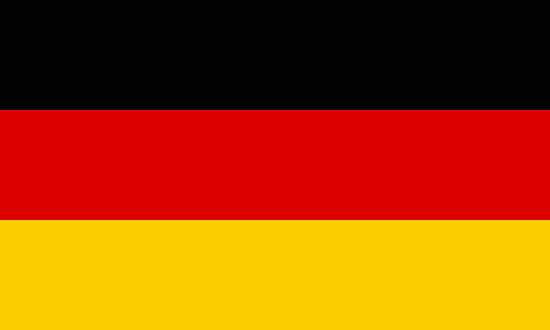"Bauhaus und Meisterhäuser | Bauhaus and Masters' Houses"
About:
Dessau, a city in Germany, was first mentioned in 1213. It became the capital of the principality of Anhalt-Dessau in 1393 and later joined the German Empire in 1871. Dessau is known for its Bauhaus architectural movement in the 1920s. During WWII, it was heavily bombed, destroying much of its historic architecture. Post-war, it became part of East Germany until reunification in 1990. Today, Dessau is a center for environmental research and home to the Bauhaus Dessau Foundation.
When to visit:
Dessau, a city located in Germany, experiences a continental climate characterized by warm summers and cold winters. The best time to visit Dessau on a holiday is during the summer months of June to August when the weather is mild and pleasant, making it ideal for exploring the city's outdoor attractions. This time of year also coincides with various cultural events and festivals, providing visitors with a vibrant and lively atmosphere to enjoy. However, travelers should be prepared for potential crowds during this peak tourist season.
When to avoid:
The worst time to travel to Dessau, Germany on a holiday is during the winter months of December to February. This period experiences cold temperatures, limited daylight hours, and the possibility of snowfall, making outdoor sightseeing less enjoyable. Additionally, many tourist attractions may have reduced hours of operation or be closed altogether during the winter season. Travelers seeking to fully experience Dessau's architectural and cultural landmarks are advised to plan their visit during the spring or summer months when the weather is milder and more conducive to exploration.
Winter (Dec-Feb)
In Dessau, Germany, the coldest months are January and February, with average temperatures dropping to -1°C. The city receives an average of 40mm of rainfall in these months, making it relatively dry. The days are short with only 2-3 hours of sunlight, often hidden behind heavy cloud cover. An average day for a visitor would involve bracing the cold, perhaps with a warm coat and a cup of hot coffee, while exploring the Bauhaus architecture under a typically overcast sky.
Summer (June-August)
In Dessau, Germany, the warmest part of the year is typically from June to August. During this period, the average high temperature ranges from 22°C (72°F) to 25°C (77°F), while the average low temperature is around 12°C (54°F) to 14°C (57°F). Rainfall is relatively moderate, with monthly averages ranging from 50mm to 60mm.
The city enjoys a fair amount of sunlight during these months, with an average of 7 to 8 hours of sunshine per day. Humidity is moderately low, typically around 60-70%, making the weather feel quite comfortable. Cloudiness varies, but clear or partly cloudy days are more common than overcast or mostly cloudy days.
A typical day for a visitor during this period would begin with a mild morning, warming up to a pleasantly warm afternoon. There might be a light breeze, and there's a chance for a brief rain shower. Evenings are cooler but still comfortable for outdoor activities. The moderate humidity and ample sunshine make it an ideal time for sightseeing and exploring the city's attractions.
Language:
In Dessau, a city in Germany, the most commonly spoken language is German. This is the official language of the country and is used in all forms of daily communication, including business, education, and media. Additionally, due to the presence of immigrants and foreign workers, languages such as Turkish and Russian may also be spoken. English is also commonly taught in schools and used in tourism.




